Suna and İnan Kıraç Foundation Kütahya Tiles and Ceramics exhibition is renewed with a thematic selection.
Discovered in Ethiopia as the “magic fruit,” and reaching the land of the Ottomans through Yemen in the 15th century, coffee soon assumed its place as a prestigious beverage in the palace and wealthy households. Over time, coffee not only generated its own rituals and ceremonies, but also played an instrumental role in the development of social life. This unique selection from the Suna and İnan Kıraç Foundation Kütahya Tiles and Ceramics Collection investigates the various routines, rituals, and relationships centered on coffee, as well as concepts associated with modernism, such as public space, social roles, and economics, through an examination of coffee culture and Kütahya ceramic production, which largely contributed to its development.
As the second most important center of ceramic production after İznik during the Ottoman era, Kütahya witnessed intensive ceramic production in the Phrygian, Hellenistic, Roman, and Byzantine periods, and has upheld this art form to date with traditional methods. Having reached its zenith in the 17th and 18th centuries in terms of creativity, the ensuing years witnessed a decline in variety and production rate of Kütahya tiles and ceramics. It was once again revived in the late 19th century and, standing somewhere between İznik and Çanakkale ceramics as “urban art,” became an integral part of the Ottoman art mosaic with its broad product range and continuity.
3D Virtual Tour
Exhibition Catalogue
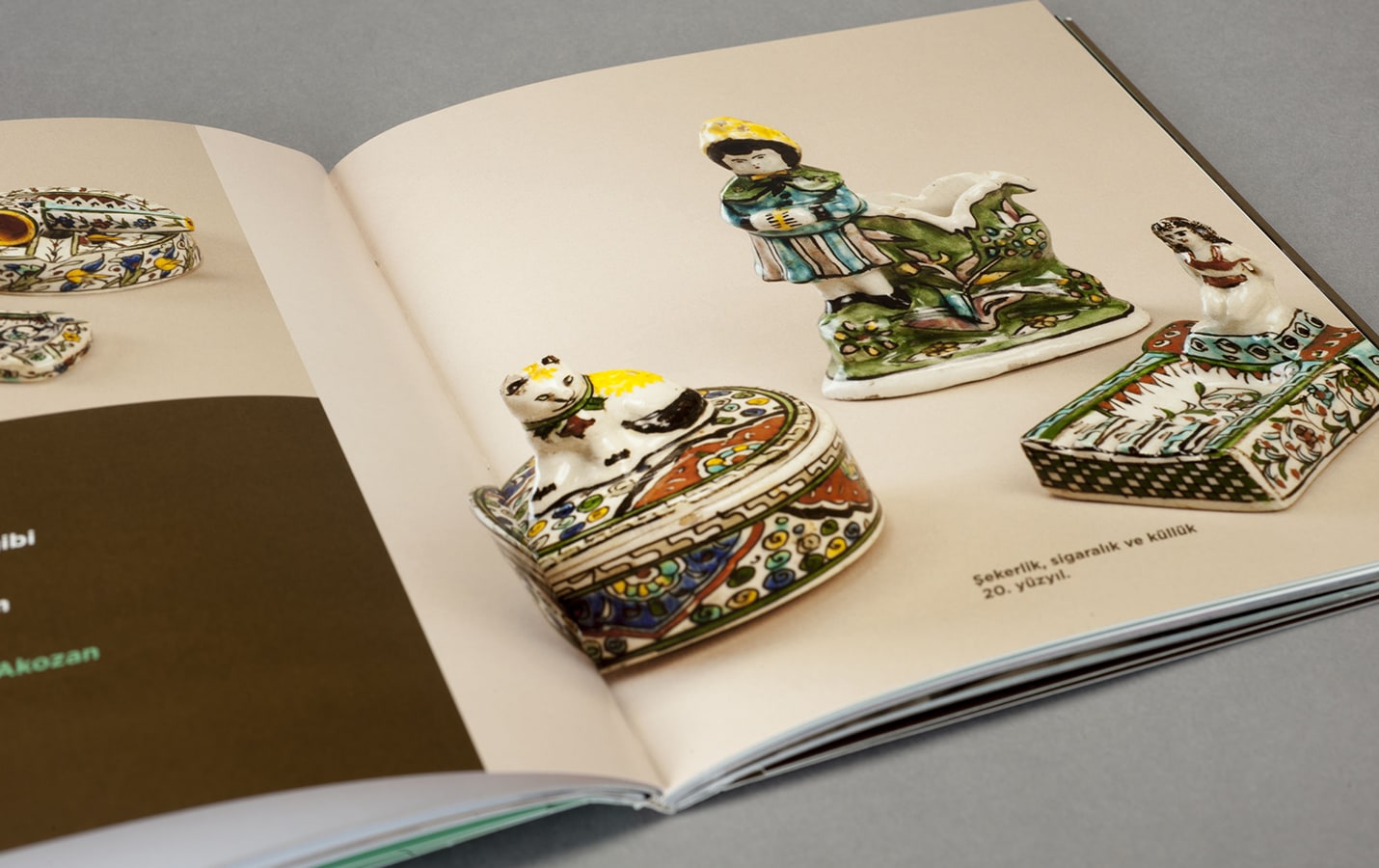
Pera Museum presents a selection from the Suna and İnan Kıraç Foundation Kütahya Tiles and Ceramics Collection focusing on coffee, which was at the center of drinking culture during Ottoman era...
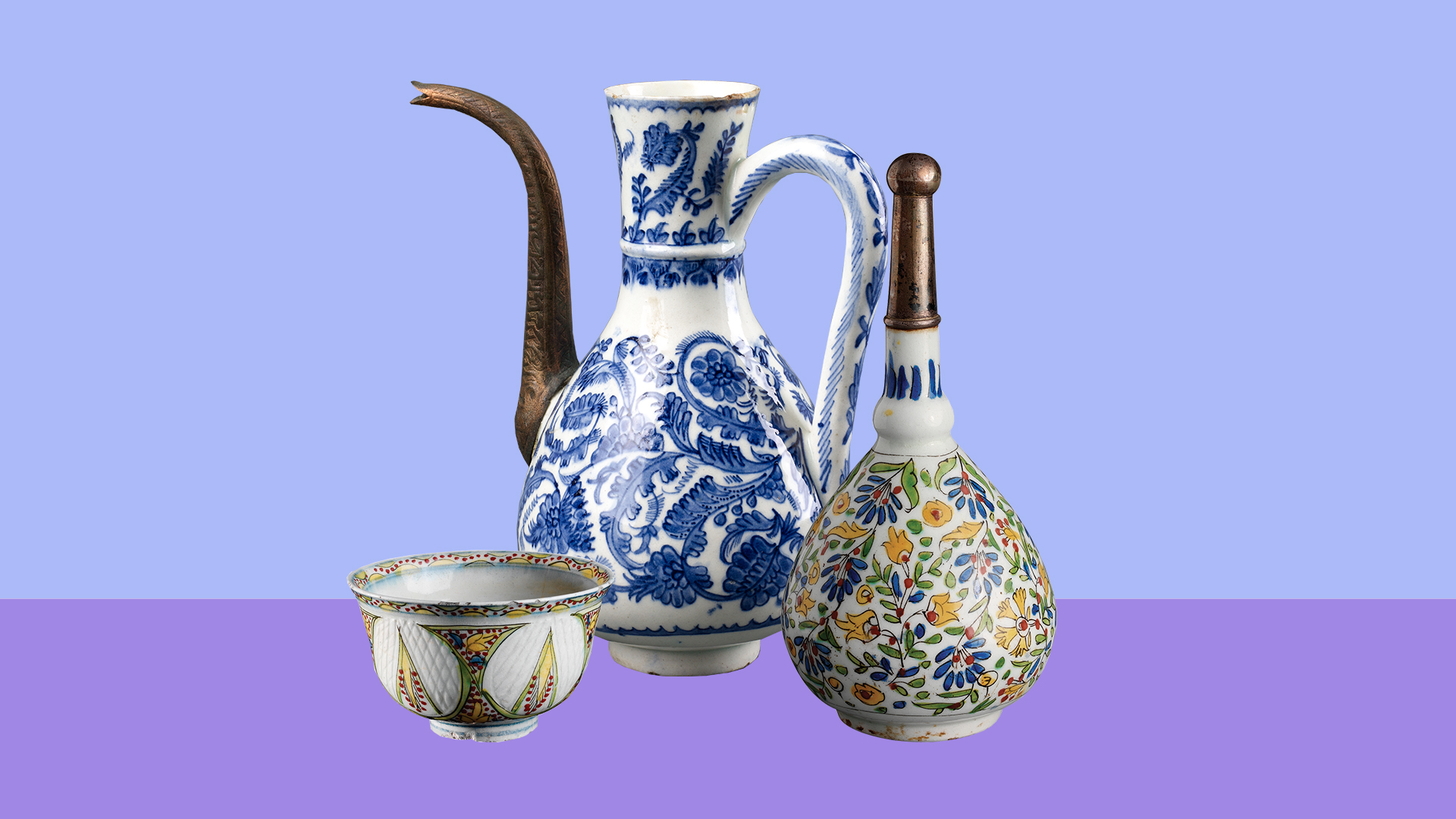
The guided tour explores the cultural interactions between the Ottoman Empire, the Far East, and Europe, as reflected in the motifs of Kütahya ceramics. Participants have the opportunity to see two currently unexhibited artefacts.
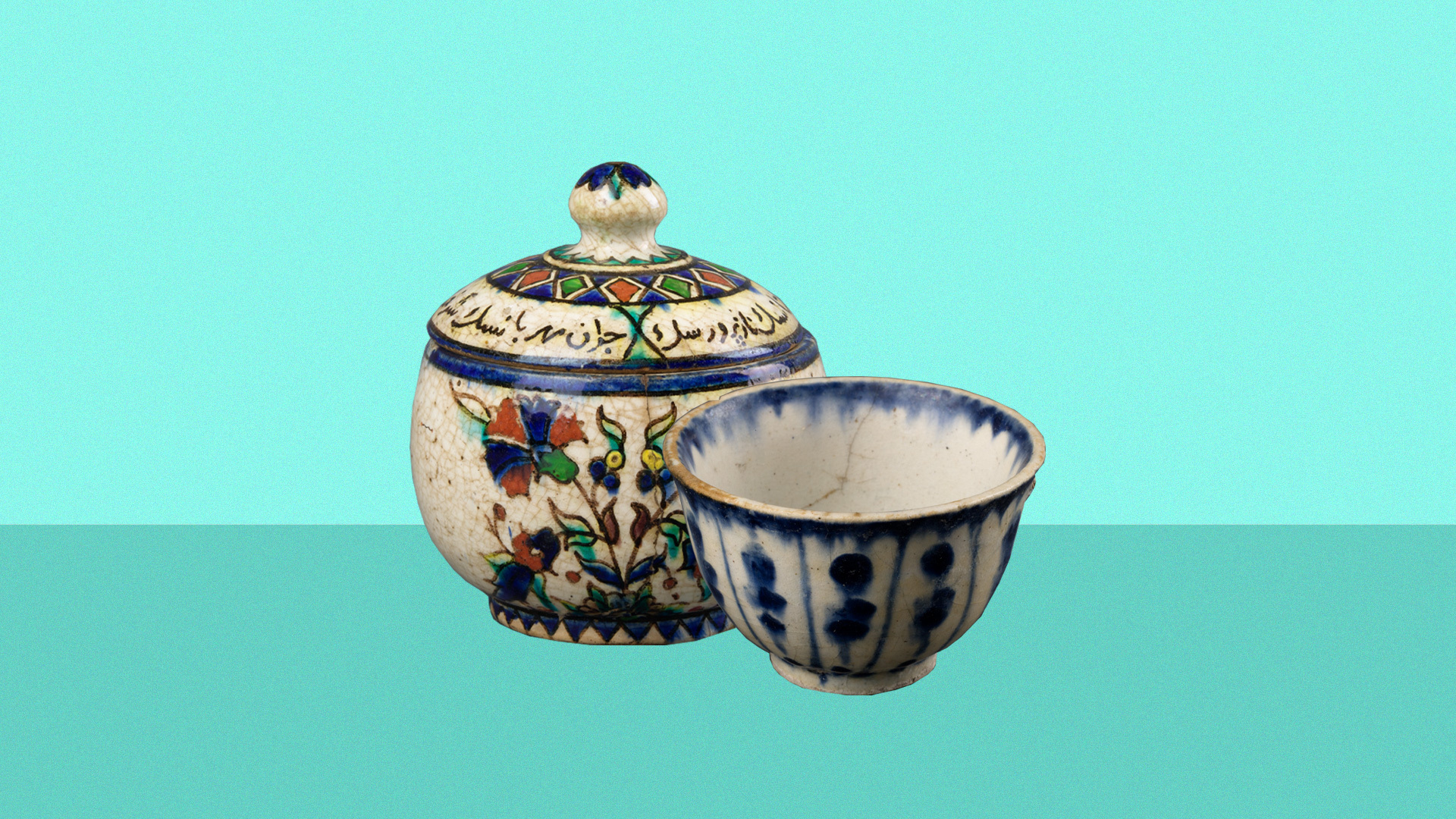
Bringing together museology, art history, and cultural history, this interdisciplinary seminar delves into the ceramics produced in Kütahya, the most significant hub of ceramic production after Iznik during the Ottoman era. The goal of the seminar is to offer a fresh perspective on Kütahya ceramics to young researchers.
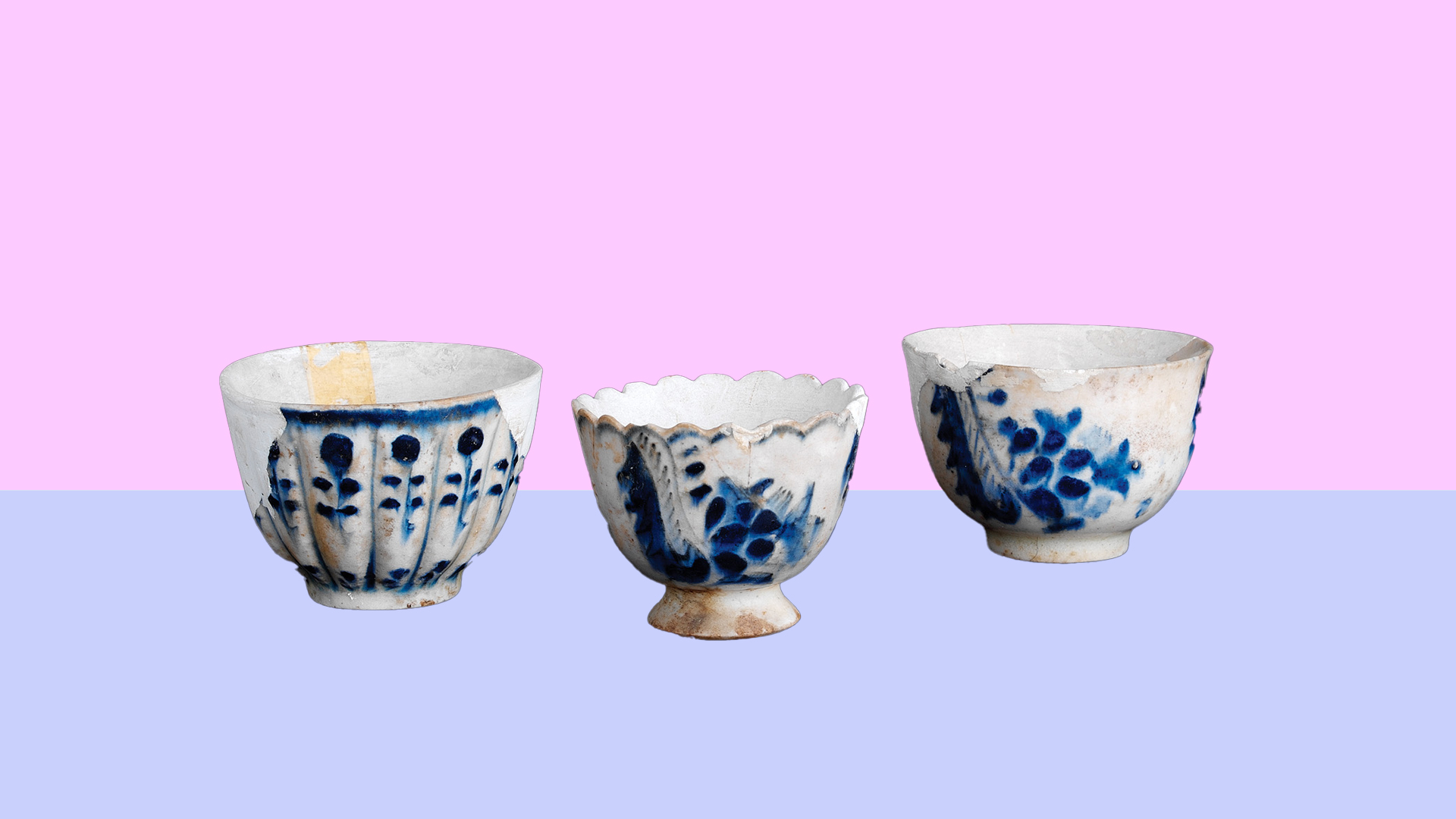
In the guided exhibition tour specially organised for World Turkish Coffee Day, coffee culture is examined through social life and Kütahya ceramic production, which largely contributed to its development. Participants have the opportunity to see artifacts that are not included in the exhibition.
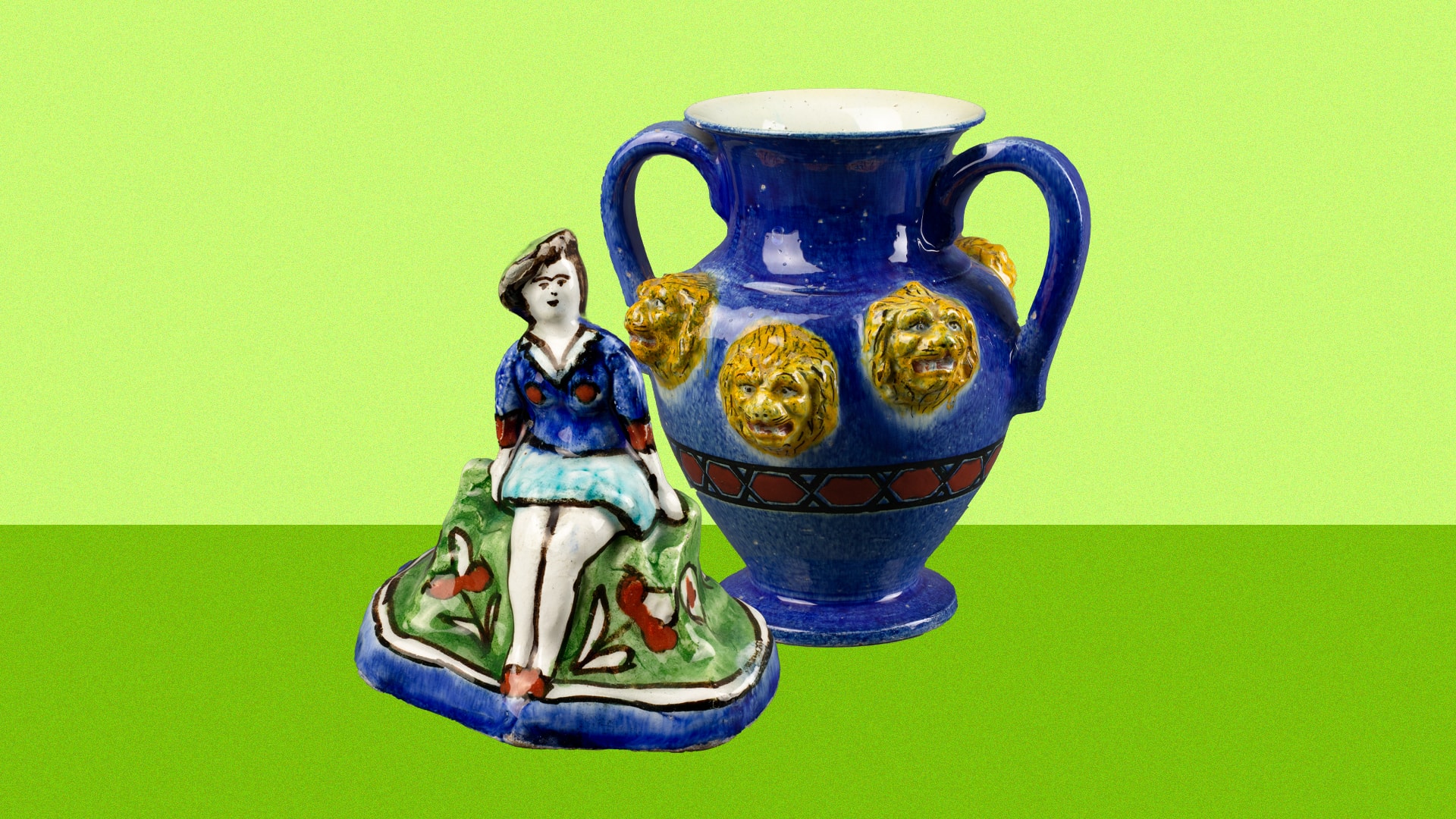
Bringing together museology, art history, and cultural history, this interdisciplinary seminar delves into the ceramics produced in Kütahya, the most significant hub of ceramic production after Iznik during the Ottoman era. The goal of the seminar is to offer a fresh perspective on Kütahya ceramics to young researchers.
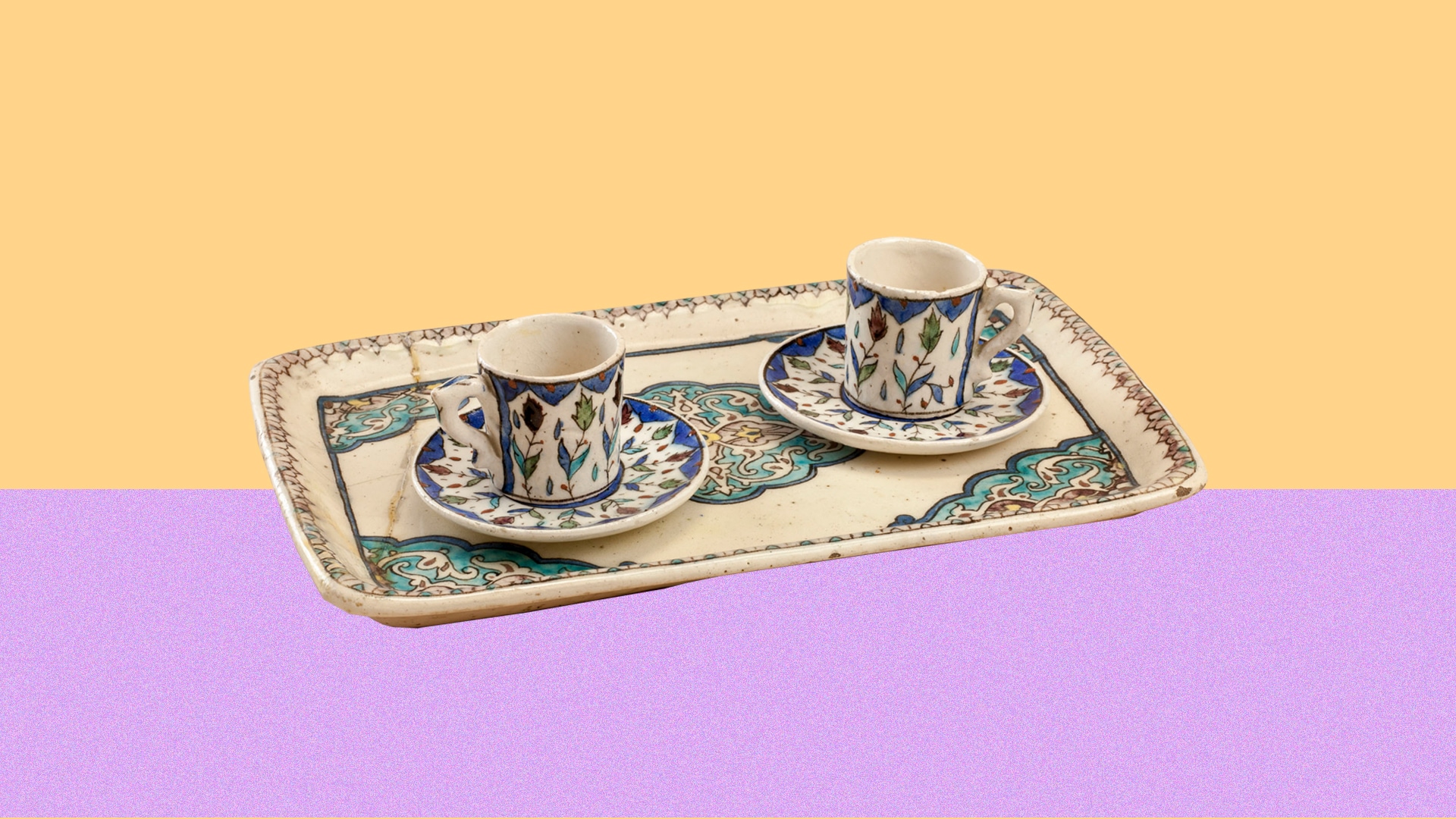
Discover the rich journey of coffee from Ethiopia to Europe through the lens of ceramic and tile production in Coffee’s Forty Years of Gratitude, a guided tour series by Pera Museum as part of the Coffee Break exhibition. Explore the cultural connection between coffee and Kütahya ceramics, while enjoying a thematic perspective on Türkiye’s UNESCO-recognized heritage.
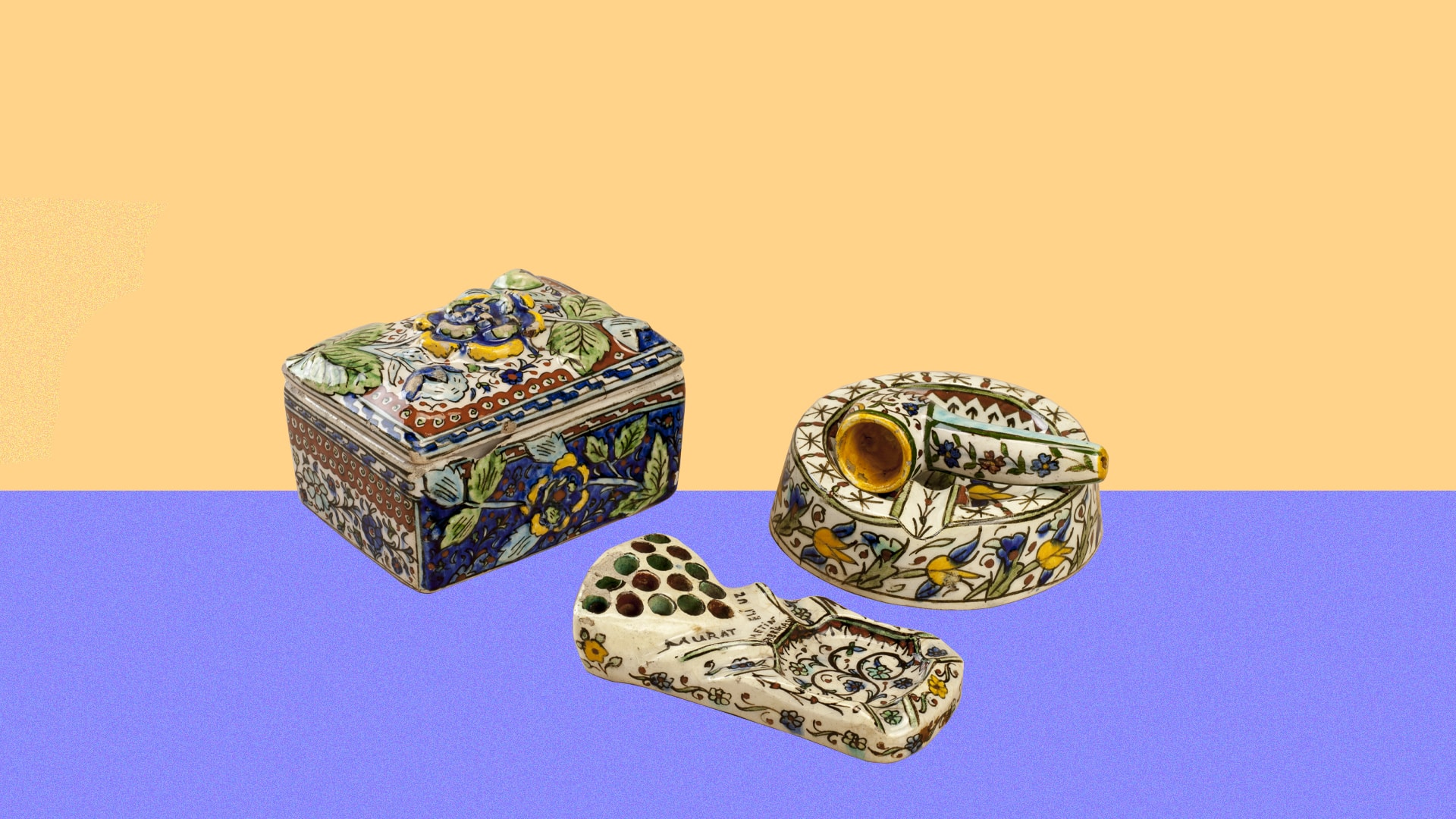
Discover the rich journey of coffee from Ethiopia to Europe through the lens of ceramic and tile production in Coffee’s Forty Years of Gratitude, a guided tour series by Pera Museum as part of the Coffee Break exhibition. Explore the cultural connection between coffee and Kütahya ceramics, while enjoying a thematic perspective on Türkiye’s UNESCO-recognized heritage.
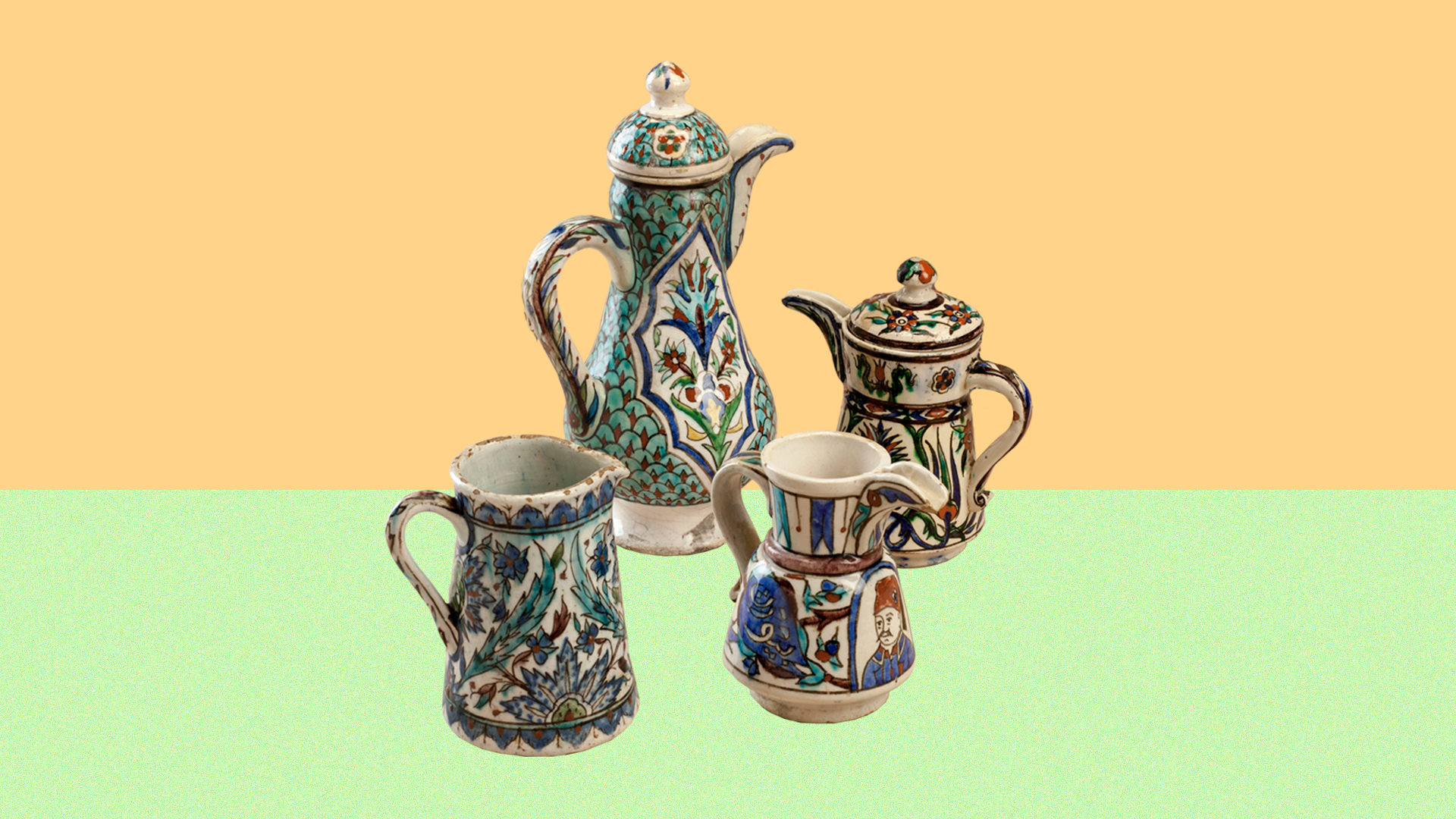
Pera Museum presents Coffee’s Forty Years of Gratitude guided tour series as part of the Coffee Break exhibition. This series tells the story of coffee’s journey from Ethiopia to Yemen, Yemen to the Ottoman Empire, and eventually to Europe, viewed through the lens of ceramic and tile production shaped by coffee culture.
Video
Pera Learning
Pera Museum Learning Programs organizes fun learning programs for adults and children of different ages in parallel with Suna and İnan Kıraç Foundation collection exhibitions.
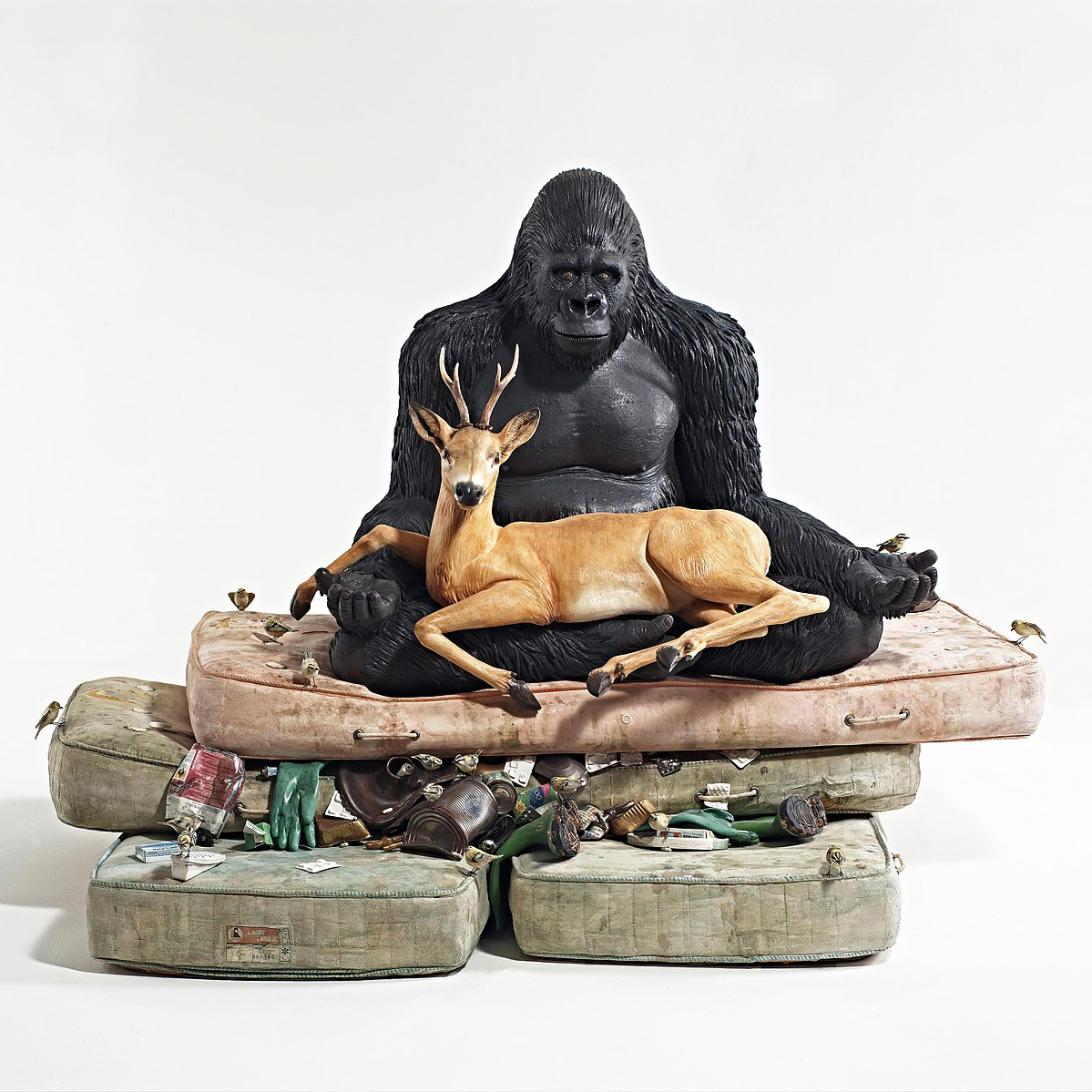
Although traditionally used as a medium for functional or decorative objects, ceramic has become a medium that is increasingly used by contemporary. Here is the work of some important contemporary ceramic artists from around the world!
Tuesday - Saturday 10:00 - 19:00
Friday 10:00 - 22:00
Sunday 12:00 - 18:00
The museum is closed on Mondays.
On Wednesdays, the students can
visit the museum free of admission.
Full ticket: 300 TL
Discounted: 150 TL
Groups: 200 TL (minimum 10 people)